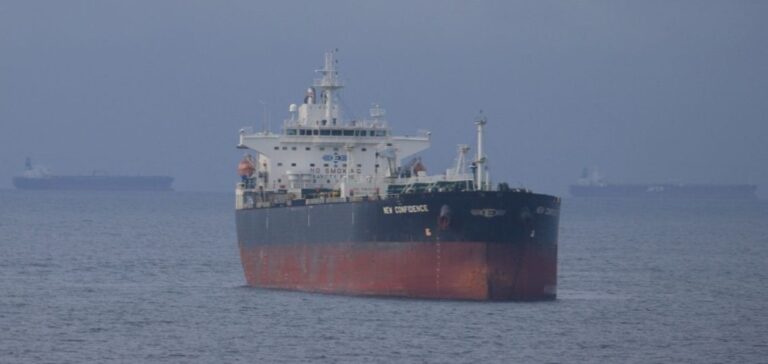In July, Russian seaborne exports of heating oil and vacuum gas oil (VGO) to Asia reached 4.05 million tonnes, up 7% on the previous month.
This increase is due to the resumption of operations following seasonal maintenance at Russian refineries.
Since the EU embargo in February 2023, Russia has been directing its exports towards increasingly receptive Asian markets, with a particular focus on China and Saudi Arabia. China, the leading importer, saw its purchases of Russian fuel oil and VGO increase by 18% in July, reaching 0.7 million tonnes.
This fuel oil is mainly used in the refining process, often in combination with Urals crude oil, enabling Beijing to optimize its production capacities.
Increased demand in Saudi Arabia
Saudi Arabia doubled its imports of Russian fuel oil to 0.7 million tonnes in July.
This rise is in response to the increased demand for electricity during the summer season, when energy requirements rise.
Russian fuel oil is mainly used to generate electricity, which is essential to meet the high consumption during this period.
The development of Russian exports is not limited to these two countries.
Imports to South Korea, Turkey and the United Arab Emirates are also increasing. India, on the other hand, reduced its purchases by 7% in July, which may reflect temporary adjustments or a reassessment of its sources of supply.
This strategic reorientation of Russian exports towards Asia indicates an adaptation of global energy flows in the face of Western sanctions, with the Asian region becoming increasingly dependent on Russian energy products.






















